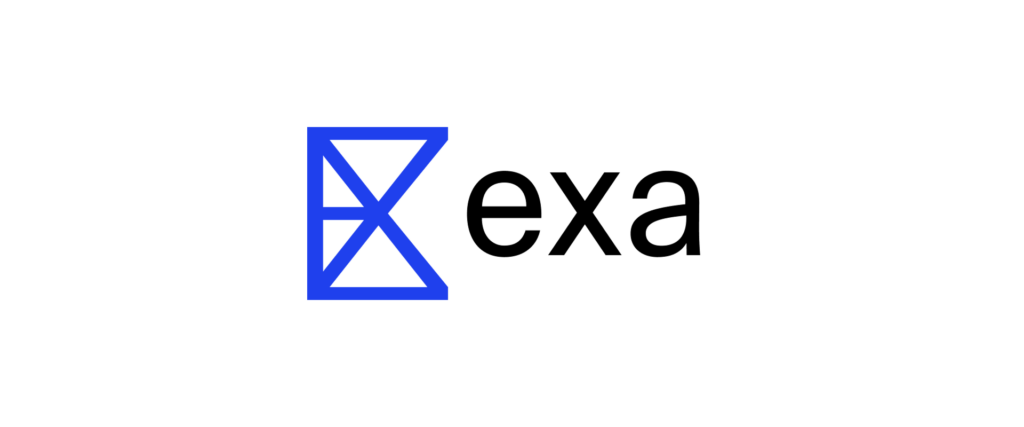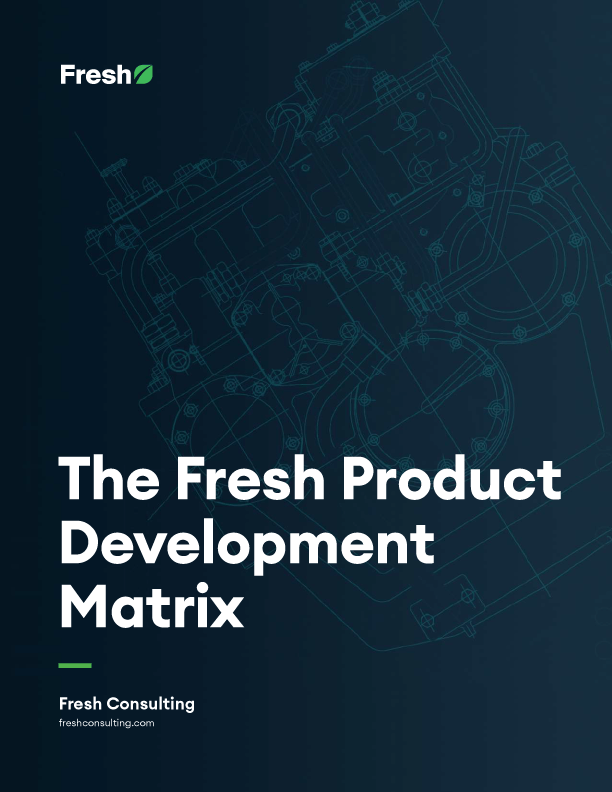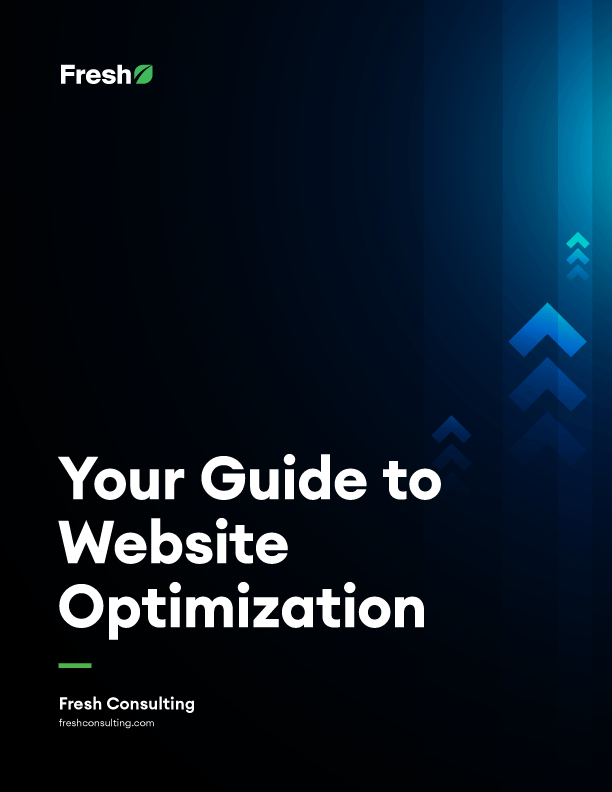Article
Selecting the Ideal Website Platform: Traditional CMS, Headless CMS, or Website Builder?
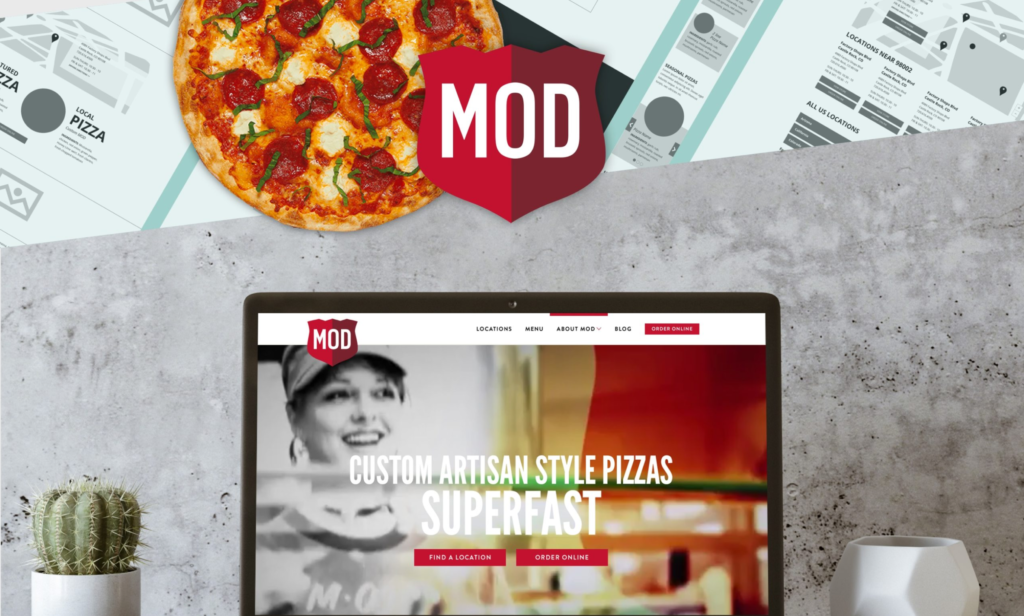
Over the past decade at Fresh Consulting, I’ve had the privilege of developing over 100 websites for a diverse range of clients. This journey has taken me through various development approaches and different website platform tools, including Traditional Content Management Systems (CMS) like WordPress, Website Builders such as Wix and Framer, and fully custom solutions utilizing Next.js paired with Headless CMS.
Each method comes with its unique set of advantages and challenges, and determining the optimal website platform choice for a client involves navigating a complex array of factors.
In this blog post, I aim to demystify this decision-making process, providing clarity on which path may best align with your business objectives.

Traditional CMS — The Industry Standard Website Platform
Traditional CMS platforms like WordPress, Drupal, and Joomla integrate both the content management and presentation layers, offering an all-in-one solution. They have been industry standards for years for e-commerce, marketing websites, or any number of other solutions, powering a significant portion of websites due to their robustness, SEO tools, and extensive community support.
Pros
- Speed of Development: Pre-built themes and plugins facilitate rapid development.
- Cost: Often open-source with free versions; hosting can be economical.
- User-Friendly: Design features that are user-friendly for those with minimal technical skills; intuitive interfaces; responsive design; embedded analytics functionality; embedded e-commerce functionality; off-the-shelf marketing tools; included website templates; included SEO tools and plug-ins.
- Community Support: Large user communities provide extensive resources and support.
- Customization: A high level of customization is achievable from developer written themes and plugins extending CMS functionality
Cons
- Scalability: May face performance issues with high traffic volumes on dynamically populated pages.
- Security: Popularity makes them common targets for attacks; applying regular security patches is essential.
- Customization Limitations: Deep customizations can be complex and may require technical expertise beyond the included functionality of website templates.
Implications for Agencies
- Development: Quick setup with numerous plugins and themes for analytics, e-commerce functionality, SEO tools, and more; however, extensive customizations may require more effort.
- Maintenance: Agencies need to manage regular updates and security patches to ensure site integrity.
Implications for Clients
- Management: Clients can manage content with ease post-training.
- Long-Term Viability: As businesses grow, they might encounter limitations in scalability and customization.
AI Integration for traditional website platforms
AI can assist in automating content creation, suggesting design features and visual elements, and enhancing user engagement through personalized experiences. For instance, AI-driven tools can generate blog posts with SEO optimization, product descriptions, or even design layouts, streamlining the content creation process.
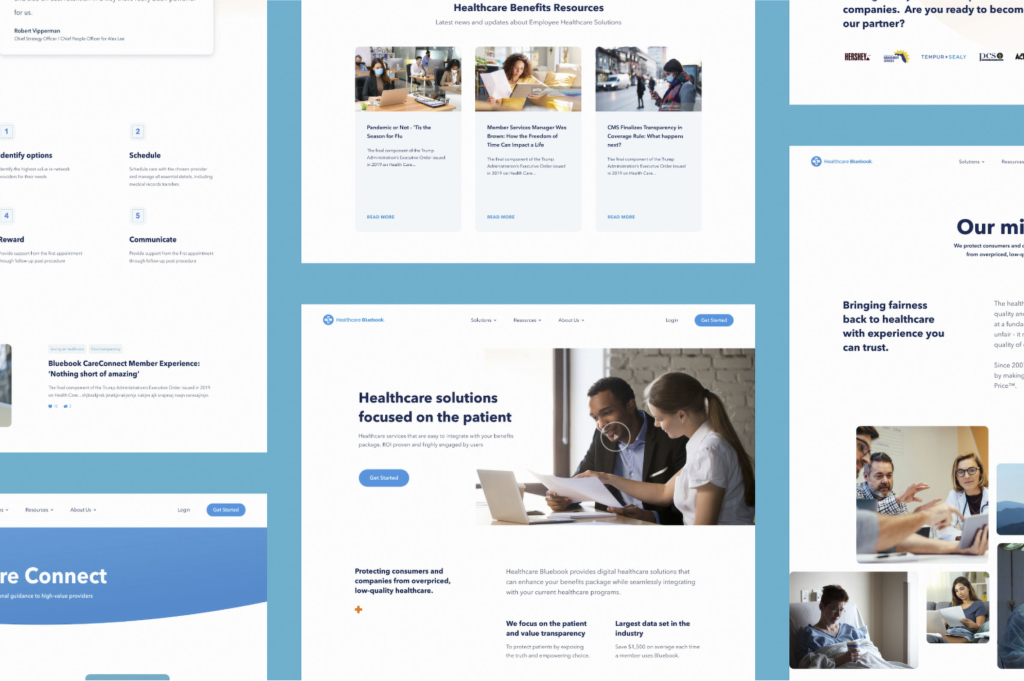
Front-End Framework + Headless CMS — Website Platform Options for Increased Customization and Functionality
This approach decouples the front-end presentation from the back-end content management. Frameworks like Next.js paired with Headless CMS platforms such as Strapi, Payload CMS, or Sanity.io offer developers flexibility to deliver content across various channels beyond traditional websites, including mobile apps and IoT devices.
Pros
- Flexibility: Allows for customized front-end experiences tailored to specific needs.
- Performance: Optimized for faster load times and better performance metrics.
- Scalability: Easily handles high traffic and complex data structures.
Cons
- Development Speed: Requires more development time due to its customized nature.
- Cost: Potentially higher initial development costs; hosting expenses vary.
- Technical Expertise: Demands a higher level of developer proficiency for both setup and maintenance, without website templates that are as easy to use as with other options.
- Plug & Play Ecosystems: Opting out of standardized approach to solving a problem means there is less plug & play ecosystems that plays nicely with your architecture
Implications for Agencies
- Development: Offers the opportunity to create bespoke solutions, high-levels of code customization, thus enhancing agency portfolios.
- Maintenance: Agencies may secure ongoing maintenance contracts due to the complexity involved.
Implications for Clients
- Management: Might require training or reliance on the agency for content updates.
- Future-Proofing: Provides a scalable and adaptable solution suitable for evolving business needs.
AI Integration for front-end framework + headless CMS website platforms
AI can enhance development efficiency by automating code generation, suggesting improved design features, and personalizing user experiences. AI-driven tools can assist in creating dynamic content tailored to user preferences, thereby increasing engagement.
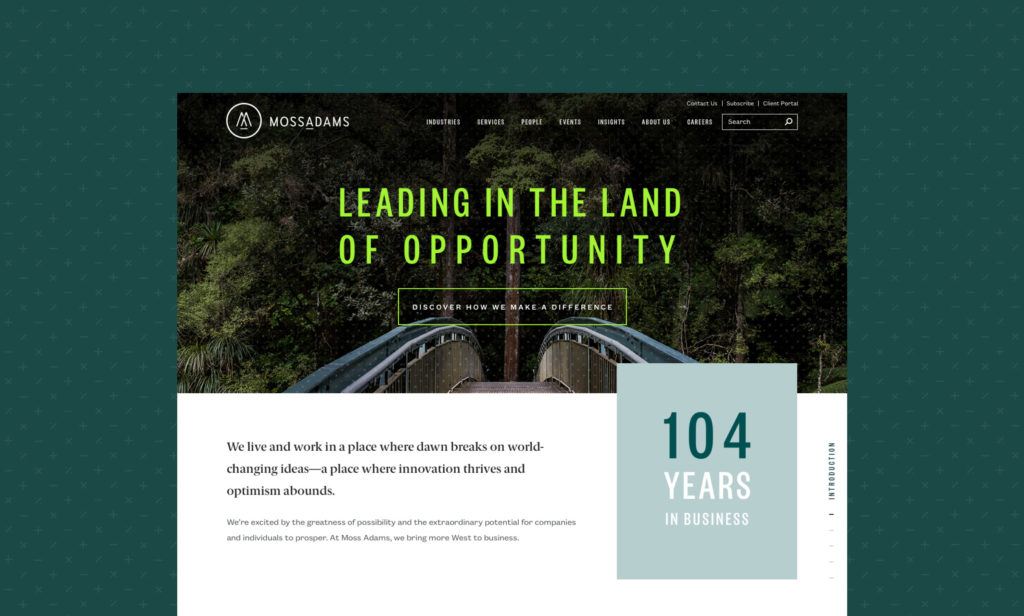
Website Builders — The Website Platform Choice for Getting Up and Running Fast
Platforms like Framer, Webflow, Shopify, Wix, and Squarespace offer comprehensive solutions for e-commerce and other functions with drag-and-drop interfaces, enabling users to build websites without deep technical knowledge. They are ideal for small to medium-sized businesses seeking quick online presence to showcase their business solutions and core offerings.
Pros
- Speed of Development: Rapid site creation with pre-designed website templates with many features that can be toggled on/off rather than developing a new feature set.
- Cost: Transparent pricing models with various tiers to suit different needs.
- Ease of Use: Intuitive interfaces designed for non-technical users, with drag-and-drop design features and functionality and included SEO tools to get e-commerce and other solutions up and running.
- Maintenance: Platform providers handle updates and security, reducing client responsibility.
Cons
- Customization: Limited compared to custom development; may not meet unique requirements due to constraints of website templates.
- Scalability: May face challenges as business needs grow.
- Vendor Lock-In: Dependence on the platform provider; migrating away can be complex.
Implications for Agencies
- Development: Suitable for clients with limited budgets or tight timelines.
- Service Offering: May limit the scope for offering highly customized solutions.
Implications for Clients
- Management: Empowers clients to manage and update content independently.
- Long-Term Considerations: As businesses expand, they might outgrow the platform’s capabilities, with a need for more e-commerce functionality, SEO tools, or whatever else is determined as the business scales.
AI Integration for drag-and-drop website platforms
Generative AI can assist users in creating content, designing layouts, and optimizing user experiences. For example, AI can suggest design elements, generate text content, and personalize site features based on user data, making website creation more accessible and efficient.
Which website platform is right for your organization?
Choosing the right website platform development approach depends on various factors, including business goals, budget, technical expertise, and long-term scalability. Traditional CMS platforms offer ease of use and cost-effectiveness for straightforward websites.
The combination of Front-End frameworks with Headless CMS provides flexibility and performance for complex, scalable solutions. Website Builders are ideal for quick, budget-friendly site launches with user-friendly interfaces. Integrating Generative AI across these platforms can further enhance development efficiency, content creation, and user engagement, making it a valuable consideration in the decision-making process.
If you’re in need of consulting about the right platform for your organization or assistance developing an optimized website, let’s connect.



